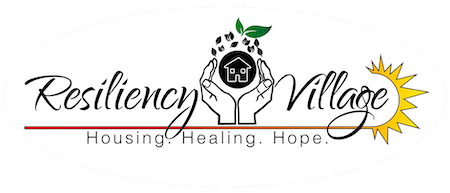Hope can be a noun or a verb. Webster says as an intransitive verb, hope is to cherish a desire with anticipation: to want something to happen or be true. As a noun, hope is defined as desire accompanied by expectation of or belief in fulfillment.
We all need hope to accomplish goals, to give us a reason to put forth our best effort, to carry on when our prospects seem dim. I cherish the desire to see a world without homelessness or hunger with the anticipation of how wonderful it will be to see us living that way, and I do have a belief in the fulfillment of that desire.
Like everyone else, I have days when my hope wanes, when the tasks at hand seem too big for my skill set or abilities, times when the facts on the ground don’t leave much room to believe my desires will be fulfilled. Fortunately, I know I don’t have to go it alone. There are people and resources available to me if I ask for help. Sometimes the aid I need comes without even asking because people in my life are that good. My hope is restored, and I can carry on.
I think restoring hope for our brothers and sisters who are without housing, who need healing from the impacts of trauma and have to carry on for too long without the help they need is vital to uplifting them. If we are to end homelessness and truly heal those on the margins we must restore their ability to want and believe good things will happen to them. Everyone deserves to have the expectation or belief in the potential of a life well-lived. At Resiliency Village we want to start with safe housing and a place for healing as a way to restore hope to those who’ve all but lost it.
Anne Frank said, “I don’t think of all the misery but of the beauty that still remains.”
If we can see that beauty in others and help them see it in themselves, we’re building hope and giving people a reason to believe. That’s important.
